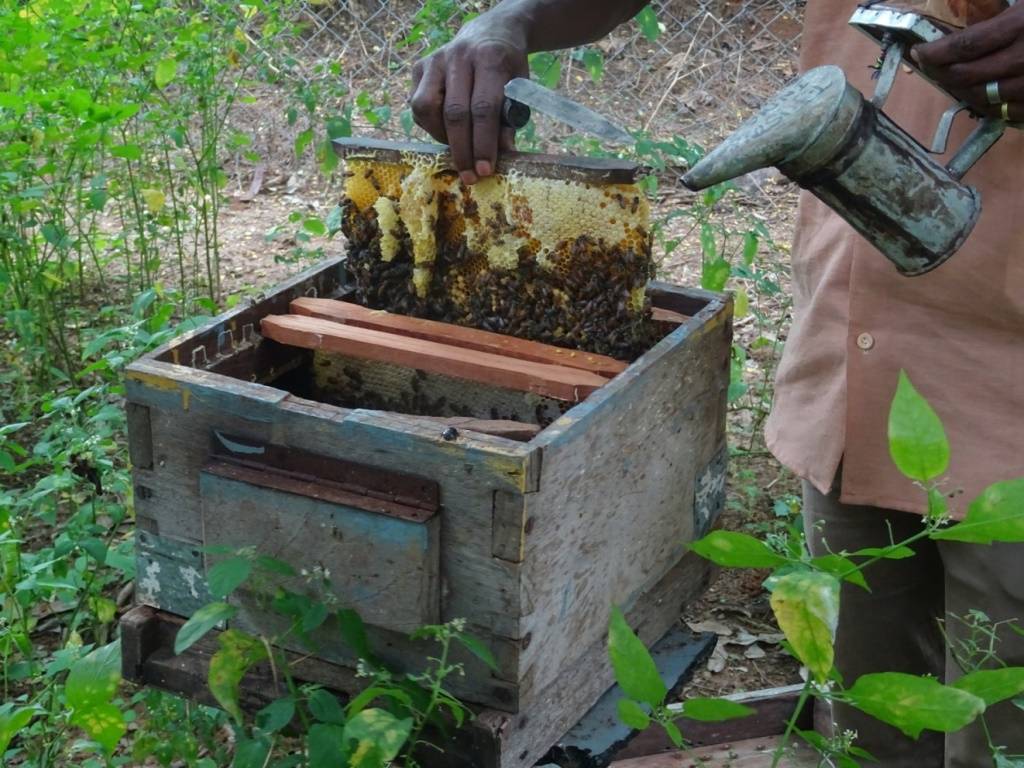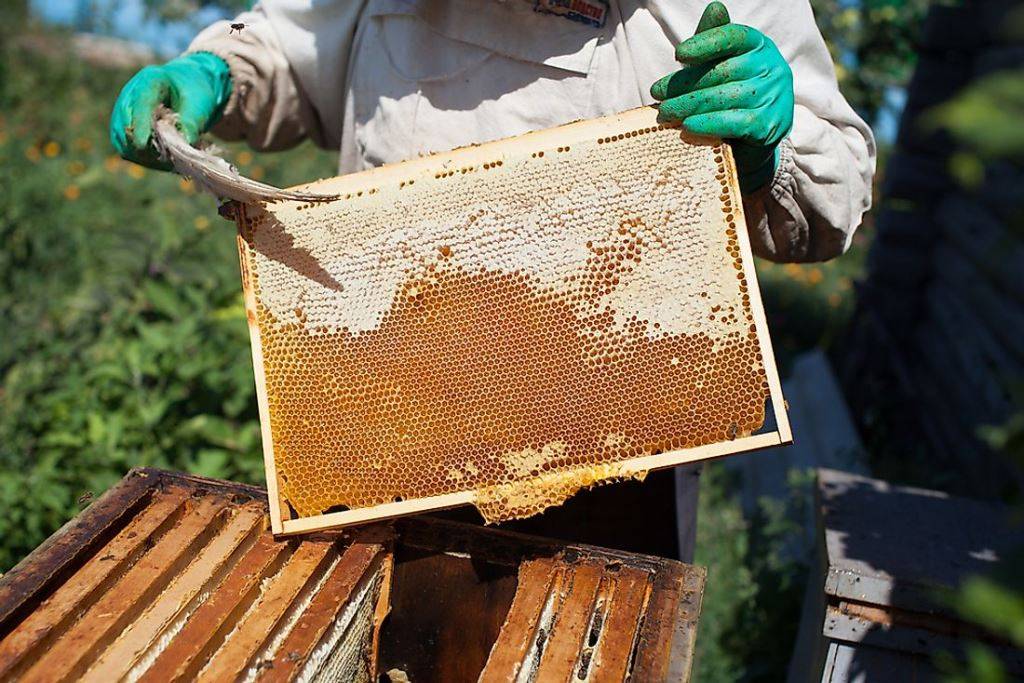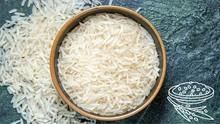
Hon`ble Prime Minister in the Lok Sabha emphasized in his speech for doubling the farmer's income, that beekeeping is one of the important aspects. Apart from the crop sowing or plantation, the farmers can adopt beekeeping and can earn extra income. In Kerala, the rubber plantation, the farmers had already adopted beekeeping as a profession for the sweet earning.
Beekeeping and rubber plantations may seem unconnected. But the Rubber Board thinks otherwise. It has embarked on a unique initiative to encourage stakeholders to take up apiculture to earn additional revenue from rubber holdings at a time when the sector is bleeding.
The Board’s bee-keeping certificate course, which was launched during 2016-17 has found many takers now, as honey production could fetch them around ₹300/kg in the local market. Those who successfully completed the first such course in Apiculture at Meenachil-Palakkad Rubber Producers’ Society are retired people, NRI returnees, and housewives, who want it as a hobby or part-time engagement.
Some of them have started processing and value addition in a limited way, said PP Shaji, Deputy Rubber Production Commissioner, Rubber Training Institute. The encouraging response from farmers, rubber producers, and members of self-help groups prompted the Board to extend the course to other seven RPS from Kollam in the South of Kerala to Kannur in the North, this year.

The first course was started during 2016-17 at Meenachil RPS for farmers, rubber producers, and members of self-help groups aimed at enabling the participants to engage in self-employment and develop entrepreneurship. Beekeeping equipment will be made available by the RPS’s. The Kerala State Bio-Diversity Board also extended support, considering the importance of honey bees in preserving the diversity of nature and various ecosystems, he said.
According to Shaji, the production potential of honey from approximately 5.50 lakh hectares of rubber plantations in Kerala is 80,000 tonnes. But the actual production is hardly 5,000 t as of now. Apiculture is a long-term development as well as employment-generating activity. It is an ideal agro-based subsidiary enterprise providing supplementary, even major income in rural areas.
The majority of honey production in India is confined to South India, mainly Kerala and Kanyakumari district of Tamil Nadu which account for 42 percent of the national production, estimated at lakh tonnes in 2017-18 as per the National Bee Board figures. Kerala is ideal for beekeeping due to its favorable climate, diverse vegetation, and flowering plants throughout the year., he added.
The figures from Kerala Agricultural University say that an estimated six lakh bee colonies are available for honey extraction in Kerala. The average production of honey in India from bee colonies as per the Khadi and Village Industries Board figures is 10 kg/year.
According to Shaji, due to lack of knowledge, scientific beekeeping is not being practiced by bee keepers. It is necessary for them to participate in training and other capacity-building programs to gain scientific knowledge in the subject.









